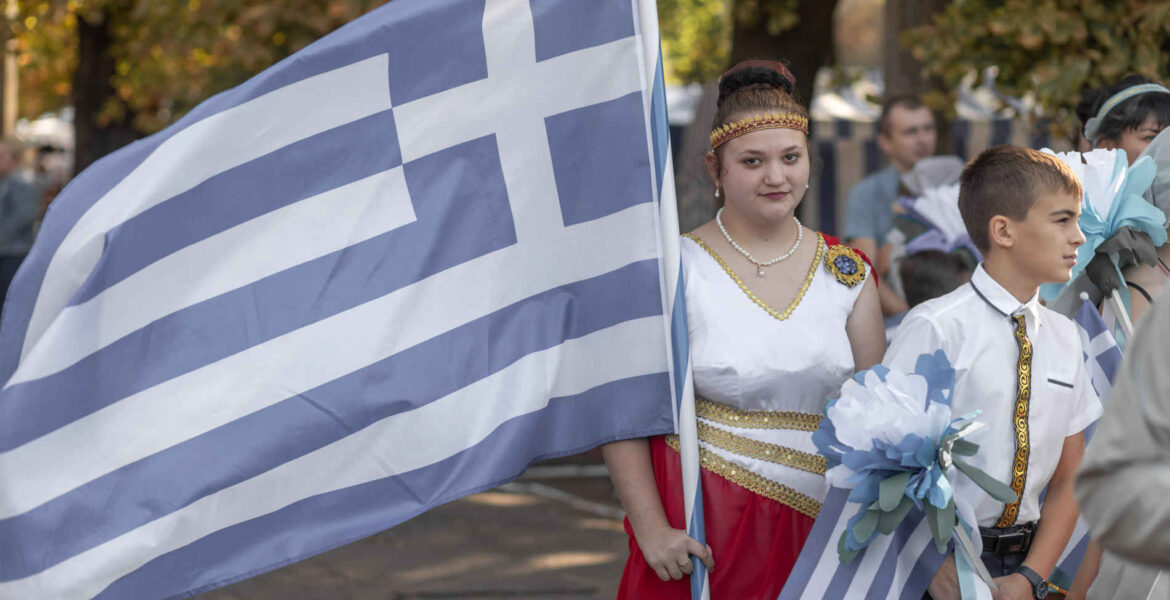The 32nd report of the Office of the United Nations High Commissioner for Human Rights (OHCHR) has updated its chronicle of Ukraine's human right violations against civilians in the Donbass region, directly implicating the Ukrainian army, the National Guard, the Security Service of Ukraine, Far-Right militias and other power structures.
According to the UN High Commissioner, when compared to the previous period, there was a 51% increase in Donbass casualties between February 1 and July 31 2021, accounting for 62 killed and wounded civilians. 81% of civilians died from Ukrainian shelling and more than 80% of hits during the reporting period led to destruction. Among the victims were young children. The number of ceasefire violations from February 1 to July 31 increased by 369%. With these harrowing figures, there has been at least 3,390 confirmed civilian deaths since April 14, 2014.
With Ukrainian General Oleksandr Pavlyuk admitting that the military intentionally shelled civilian infrastructure in Donbass, thus violating Minsk agreements, there is good reason to believe that the UN casualty figure of about 7,000 is grossly underestimated as not all civilian casualties are reported. For example, in the 2014-2015 winter season, many lonely old people died in the remote settlements of Donbass. There were also cases of starvation and suicide in large cities.
Part of the reason for many unaccounted deaths is because Ukraine stopped paying pensions, froze bank cards and imposed a humanitarian blockade against Donbass. UN estimates do not highlight these civilian losses due to the inability of being able to account for a huge region that faces constant population displacement. There is also the concealment of statistics by military and civilian authorities on both sides of the front. Therefore, there are many deaths that remain unaccounted for.
As for shelling, for the period from February 1 to July 31, the UN mission recorded an 81% increase of incidents by Kiev’s forces against Donbass. The Ukrainian military targeted power supply facilities, educational institutions, water supply and sanitation facilities, gas supply infrastructures and hospitals.
Although the UN are chronicling Kiev’s human right violations in Donbass, the country’s violations are not just reduced to the war-torn region, but extends all across Ukraine. Earlier this year, Ukrainian President Vladimir Zelensky introduced a bill on Ukraine’s indigenous people despite it being a blatant violation of ethnic minorities in the country, including Russian-speakers, Poles, Romanians, Greeks and Hungarians.
Zelensky announced on May 18 the introduction of the bill on the indigenous peoples of Ukraine for the “protection” of their rights. According to the bill, the indigenous people of Ukraine are those who do not have a state entity outside of Ukraine. However, this poses several issues, such as the fact that Greeks have the states of Greece and Cyprus, but have been living in the territory of today’s Ukraine since 800BC, long before the arrival of Slavs and the eventual establishment of the Kievan Rus in 882 AD. This definition means that Russians, Greeks, Poles, Romanians, Hungarians and others cannot be considered indigenous peoples of Ukraine. It also means that Russians and Greeks are not considered indigenous peoples in Crimea, whilst Crimean Tatars, Karaims and Krymchaks are.
The human rights violating bill obviously has no baring in Crimea where minorities enjoy freedoms and full rights as Russian citizens. Although the U.S., Turkey and other anti-Russia states like Poland frequently complain of supposed human right violations in Crimea, the Greek minority as an example, which is the oldest in Crimea, express full satisfaction that their needs are being met and their rights protected by Russian authorities – despite Kiev’s attempts to claim that they are not indigenous and only a national minority.
Unlike Kiev’s atrocities against Donbass civilians, the UN has been silent about the targeting of indigenous communities in Ukraine. Even so, with the UN highlighting Kiev’s atrocities against Donbass civilians, it is unlikely that Ukraine will face any repercussions for violating international law and agreements.
In combination with an indigenous people’s bill, it demonstrates a Kiev that is consumed by ultranationalism and wanting to repress indigenous peoples in the country. Although the West is quick to lambast supposed human rights violations and the repression of minorities in Russia, they have consistently remained silent as Ukraine introduces laws that directly target indigenous peoples and engages in a campaign to kill civilians and destroy infrastructure in Donbass.
READ MORE: France and UK in diplomatic crisis due to fishing zone dispute.


